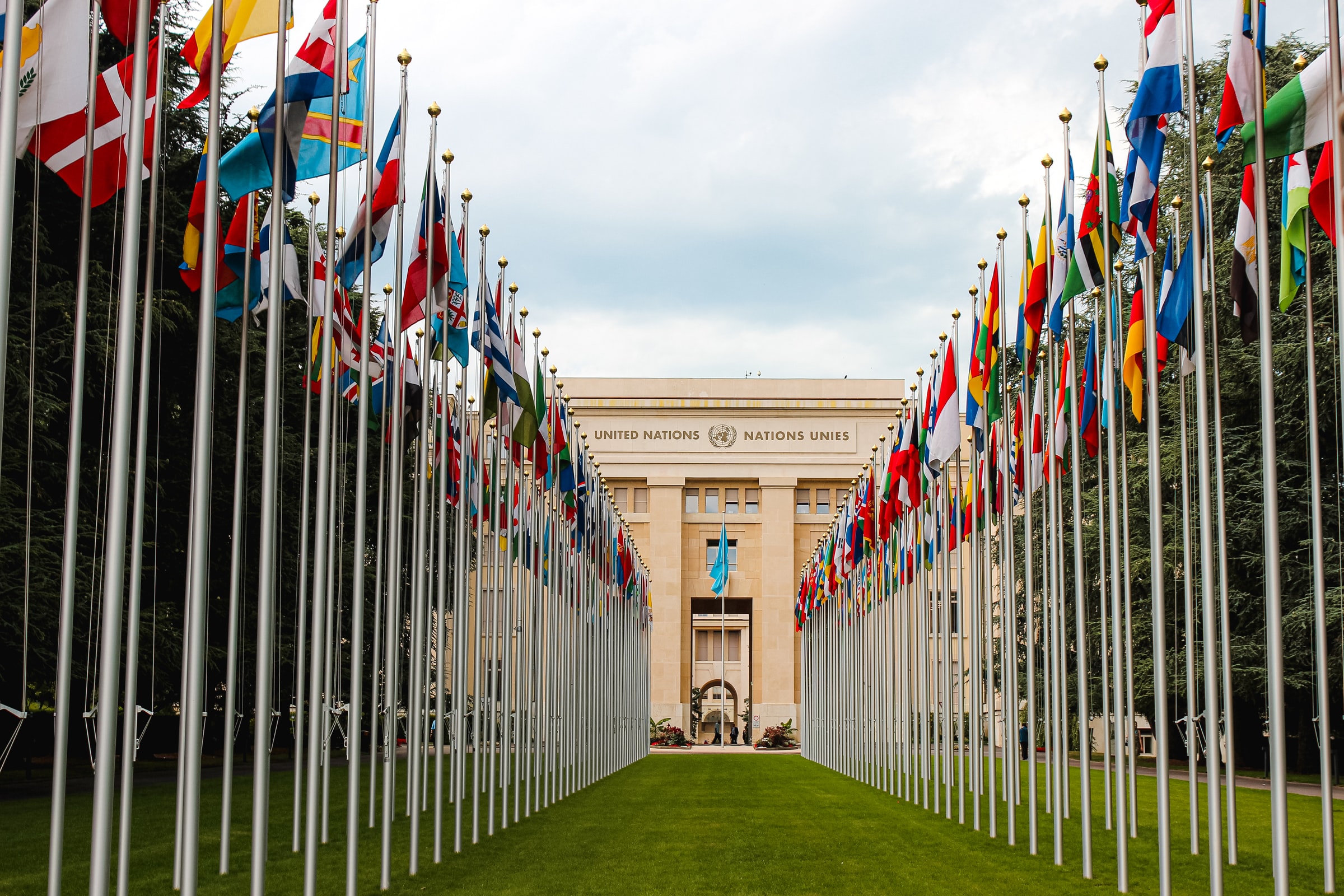The concept of pluralism can largely be found in Western worldviews, stemming from Christian and Jewish discourses. Writing for our series on covenantal pluralism, André Laliberté of the University of Ottawa focuses on a non-Western, non-Judeo-Christian example. This is Taiwan. Laliberté writes about how a predominantly Confucian society has fostered and promoted a robust pluralism and framework of religious freedom. The author discusses that Taiwan has achieved this through “principled distance” in the regulation of religion, a concept that stands sharply in contrast with the approach of their neighbour, China.

One of the aspects of the “covenantal” approach to pluralism proposed by the Templeton Religion Trust is that genuine, robust pluralism includes deeply different world-views, from “secular to religious, fundamentalist to modernist, Western to Eastern, and so on”. How much can this approach, emerging in an intellectual tradition shaped by Christianity and Judaism, resonate in other parts of the world, especially in East Asia, where many of the religious and philosophical traditions differ so much from those of the Western world? It becomes imperative to answer that question, in a context wherein the political leaders of contemporary China reject the appeal of universal values as a form of alien cultural hegemony.
My argument is that covenantal pluralism already exists in a Confucian society with a Chinese heritage and that the world needs to know about it to better refute the claim from the leaders of the Chinese Communist Party. Taiwan, known officially as the Republic of China, has firmly put in place the three foundations that make covenantal pluralism possible: Freedom of religion and belief; a religious literacy that allows the possibility for multi-faith engagement; and the embodiment and expression of pluralist virtues in a praxis of sustained engagement between people of radically divergent religions/worldviews.
The free exercise of religion in Taiwan co-exists with (and is the flip side of the coin of) freedom of non-belief. Individuals’ decision to move from one religion to another, or away from religion, is not controversial. People of faith, agnostics, and even atheists, have an intimate knowledge of many of the concepts that stand at the core of the local religions and beliefs, as well as those from outside, such as ancestors’ worship, Karmic retribution, and the idea of salvation. Moreover, the leaders of most religious movements have for decades met with each other in coordination with government officials to discuss matters of public interest such as social service, charity, and relief. Taiwan has even occupied a central place in interreligious dialogues, such as the sixth Buddhist-Christian colloquium of the Pontifical council which met in Taipei in 2017.
The global significance of this pluralism in Taiwan cannot be overstated. Taiwan provides the world with the example of a society that is non-Western and not Christian, even though Christians of different denominations have left a significantly mark on its society in its hospitals and educational institutions. President Lee Teng-hui, who decisively steered Taiwan towards democracy, was a devout Presbyterian; Ma Ying-Jeou, one of his successors, was Catholic. The religious pluralism of Taiwan does not result from foreign imposition. It grew organically over centuries of encounter between Taiwan’s indigenous people and Chinese since the late Ming dynasty, as well as with Japanese during colonial rule. European colonial powers and Japanese rule left a trace of their presence, but not as deeply as the other groups.
The result of this concatenation of diverse influences has left Taiwan with an experience of deep religious diversity, that is about much more than denominational differences but also about traditions from other parts of the world beyond Asia, with imaginary centers in the Middle East, Europe, and the New World. Consider, for example: the diversity among the many indigenous people of Taiwan, culturally closer to Malayo-Polynesian people; the religions of immigrants from China who brought with them variants from their ancestral places; the diverse denominations brought by Dutch, French, and Spaniards; Presbyterian missions from Canada and Scotland, and some of the Japanese religions, old and new. Finally, the assertion of control by the KMT after 1949 added Islam and new Chinese religions to the lot.
Taiwan’s covenantal pluralism also includes what Rajeev Bhargava called principled distance, the idea that the state that maintains neutrality between religions rather than favoring one, yet at the same time it does not hesitate to intervene against religious authority if the latter is discriminating against others, or people within the community. The secular state of democratic Taiwan has achieved principled distance with religions on these two dimensions. It does not favor any religions even if some have many more adherents than others. It has not intervened against any religions since the lift of martial law: this reflects the fact that religious leaders in Taiwan have generally advocated a theology or a worldview that is not discriminating against others. Taiwanese have arrived at this situation of covenantal pluralism though their political struggles, so that they have appropriated the practices behind that concept as theirs.
This situation profoundly contrasts with the one experienced by the people in the People’s Republic of China, a country with the same type of deep religious diversity as Taiwan. China has also experienced colonial rule, albeit in the margins, with the Treaty Ports and with Manchukuo. Yet, despite some of the similarities, the Chinese Communist Party (CCP) chose to adopt a very different approach to religions, based on the idea of Sinicization, a coded word that means they must promote CCP ideals. It does not maintain a policy of principled distance: it has intervened heavily in religious affairs. It has tried to eliminate traditions such as the communal religions, forbade new religious movements such as Yiguandao, and more recently Falungong, and imposed draconian forms of corporatist control to the five religions that it has allowed to exist: Buddhism, Daoism, Christianity, Protestantism, and Islam.
The CCP justifies its actions under a doctrine that rests on cultural relativism, which actively promotes the idea that Chinese values are unique and by extension that Western values are incompatible with them. Taiwan stands out as vital rebuttal to that view. It is also a society influenced deeply by Chinese values, with Confucianism, where the practice of Buddhism and Daoist rituals, as well as popular beliefs and communal religions do not differ fundamentally from practices in China. Taiwan demonstrates clearly that Chinese cultural heritage is compatible with the embrace of diversity, religious literacy, and the virtuous habits of dialogue and practical engagement between different faiths and world-views.
When Taiwan was known to the world as the Republic of China in 1945 and its government joined the emerging United Nations system, Chang Peng-Chun, delegate to the Universal Declaration of Human Rights drafting committee, argued for the inclusion of Chinese philosophical concepts because they had universal validity, not because they were Chinese. Taiwan demonstrates that it is possible to develop covenantal pluralism and related values in a nation with a Chinese cultural heritage.
Note: This piece gives the views of the author, and not the position of the LSE Religion and Global Society blog, nor of the London School of Economics.






1 Comments